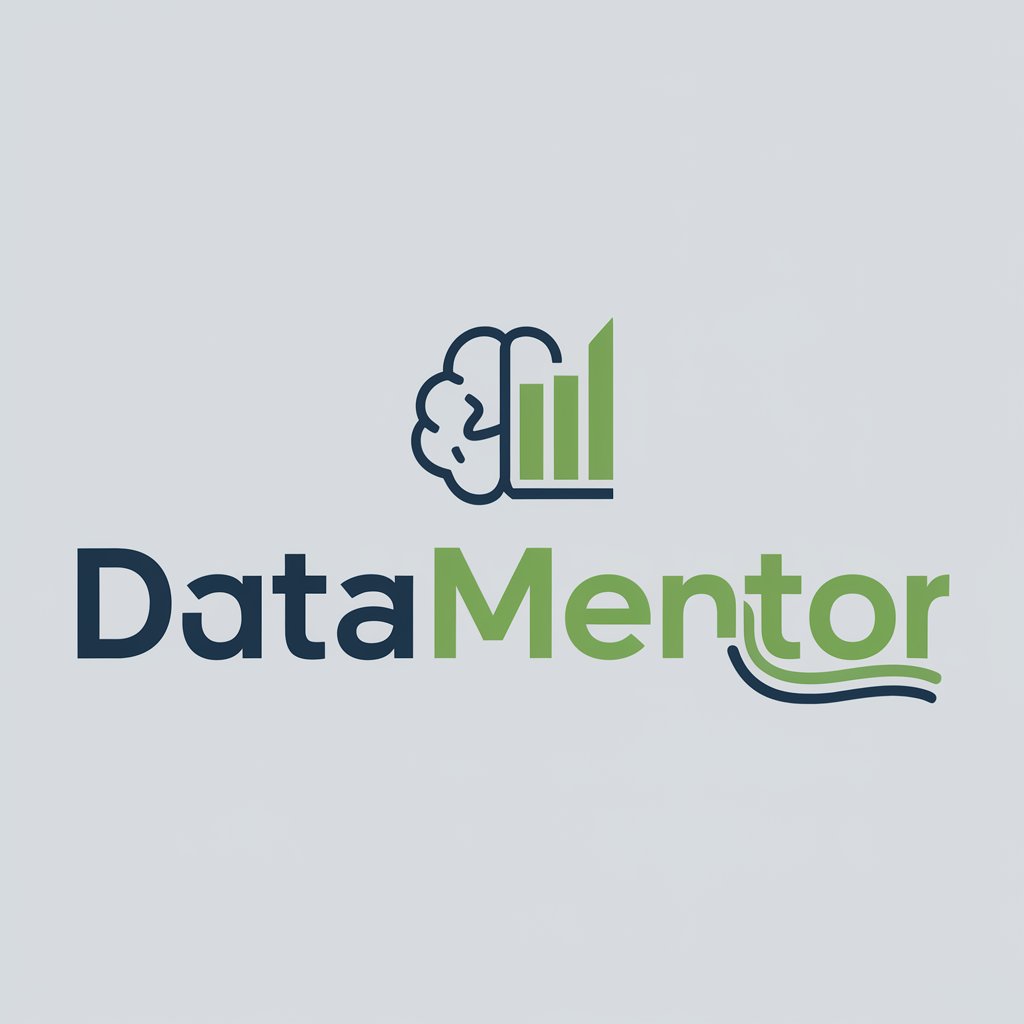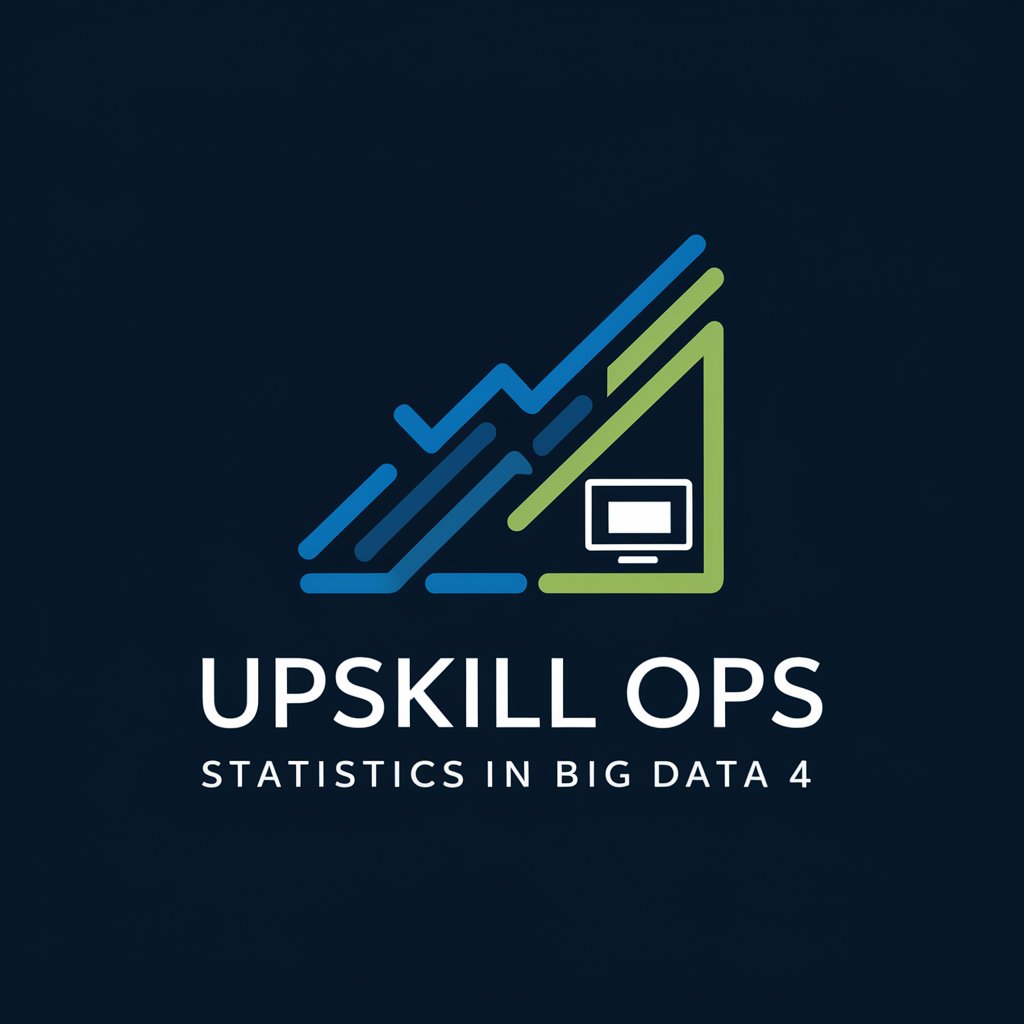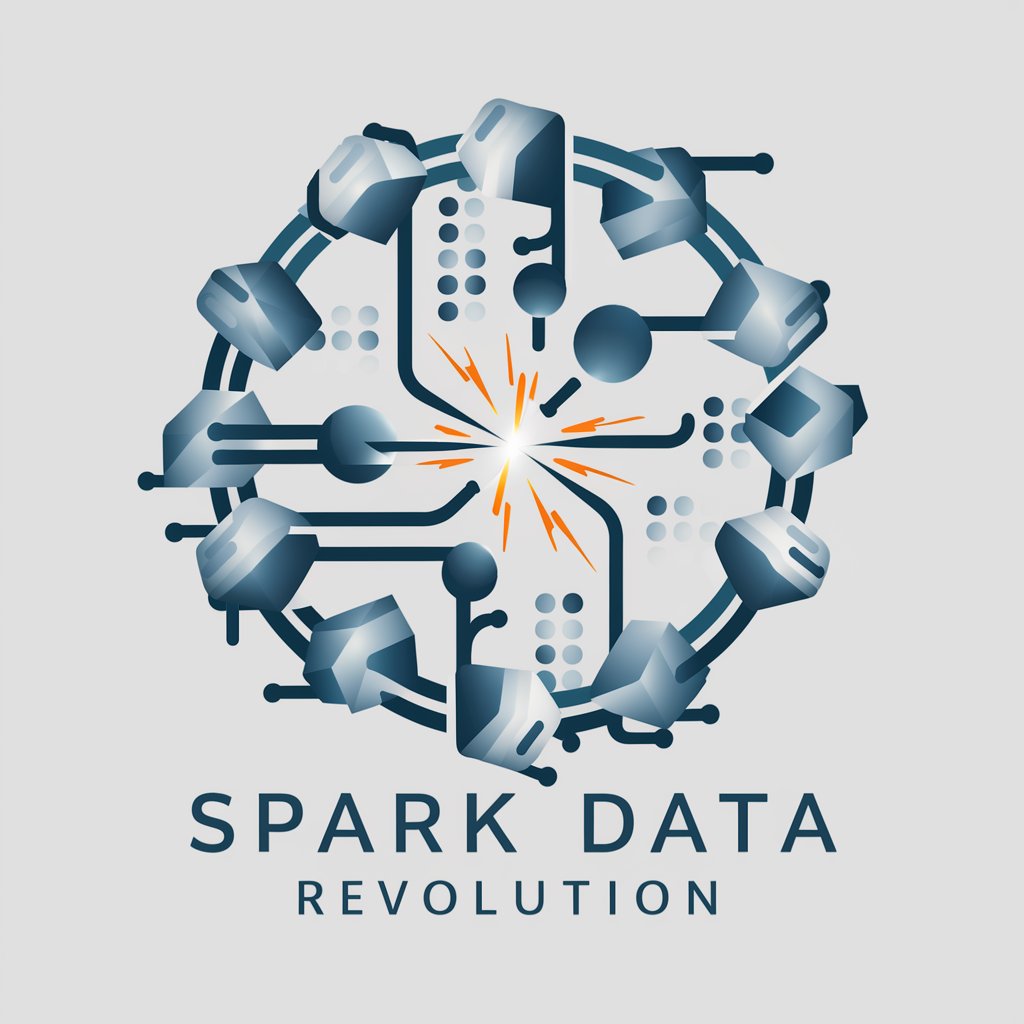5 GPTs for Big Data Analytics Powered by AI for Free of 2025
AI GPTs for Big Data Analytics are advanced tools based on Generative Pre-trained Transformers technology, tailored for analyzing and deriving insights from large volumes of data. These tools leverage machine learning and natural language processing capabilities to automate and enhance the processing, interpretation, and visualization of big data. Designed to support data-driven decision-making, they offer scalable solutions for extracting meaningful patterns and trends, making them invaluable in the realm of Big Data Analytics.
Top 5 GPTs for Big Data Analytics are: Python and Cloud Tech Advisor,VC Secret Sauce,DataMentor,Upskill Ops Statistics in Big Data 4,Spark Data Revolution
Python and Cloud Tech Advisor
Elevate your cloud tech with AI-powered insights

VC Secret Sauce
Empowering Decisions with AI-Powered Insights

DataMentor
Empowering data analysis with AI-driven insights.

Upskill Ops Statistics in Big Data 4
Empowering data analysis with AI

Spark Data Revolution
Empower your data with AI-driven Spark optimization.

Distinctive Attributes and Functionalities
AI GPTs for Big Data Analytics exhibit several core features that set them apart. These include advanced natural language understanding for querying and summarizing data insights, the capability to process and analyze data in real-time, adaptability to different data types and sources, and sophisticated algorithms for predictive analytics and pattern recognition. Their capacity for language learning enables interaction in conversational language, making complex data analysis more accessible. Special features may also encompass technical support, integration with web search for enriched analysis, image generation for data visualization, and customizable data analysis frameworks to cater to specific industry needs.
Who Benefits from AI GPTs in Big Data Analytics
The primary beneficiaries of AI GPTs for Big Data Analytics include data analysts, business intelligence professionals, and data scientists seeking to leverage advanced analytics in their work. Additionally, these tools are accessible to novices interested in data exploration and insights, providing a user-friendly interface that does not require coding expertise. Developers and technologists can also benefit from the tools' customization options, enabling them to tailor analytics solutions to specific project requirements or integrate advanced features into existing systems.
Try Our other AI GPTs tools for Free
Educational Challenges
Explore how AI GPTs are transforming education with adaptable solutions for learning, teaching, and administration, making personalized education accessible to all.
Character Interaction
Discover AI GPT tools tailored for Character Interaction, designed to bring your favorite characters to life through engaging dialogues and personalized experiences.
Music Discussion
Explore the world of music with AI-powered GPTs designed for enriching music discussions, accessible to both enthusiasts and professionals alike.
Persona Roleplay
Explore the world of AI GPTs for Persona Roleplay: innovative tools designed to create immersive, interactive simulations of personalities and characters. Perfect for storytelling, training, and more.
Marketing Copy
Unlock the power of AI for your marketing content with GPTs designed to create compelling, personalized copy, enhancing engagement and conversion rates effortlessly.
Entertainment Archiving
Explore AI GPT tools for Entertainment Archiving: innovative solutions for cataloging, analyzing, and preserving entertainment content. Tailored for professionals and enthusiasts alike.
Further Exploration into AI GPTs
AI GPTs for Big Data Analytics are revolutionizing how data is processed and interpreted across industries. Their user-friendly interfaces and customizable frameworks make them highly adaptable to different sectors, offering scalable solutions for data-driven challenges. The integration of these tools with existing systems or workflows enhances efficiency and decision-making processes, highlighting their potential to transform Big Data Analytics into a more accessible and impactful field.
Frequently Asked Questions
What exactly are AI GPTs for Big Data Analytics?
They are AI-powered tools using Generative Pre-trained Transformer technology, designed to process, analyze, and generate insights from large datasets.
How do these tools assist in Big Data Analytics?
By automating data analysis processes, offering predictive analytics, and enabling natural language interactions for easier access to data insights.
Can non-technical users easily use these tools?
Yes, many of these tools are designed with user-friendly interfaces that require no prior coding knowledge for basic operations.
Are these tools customizable?
Absolutely. Developers can tailor the tools' functionalities to meet specific analytical needs or integrate them with existing data systems.
Do AI GPTs support real-time data analysis?
Yes, many of these tools are equipped to process and analyze data in real-time, providing timely insights.
Can AI GPTs generate reports or summaries?
Yes, they can automatically generate detailed reports or summaries of data insights in understandable language.
How do AI GPTs handle different data sources?
They can adapt to various data types and sources, integrating and analyzing information from multiple streams seamlessly.
What makes AI GPTs unique in handling Big Data?
Their use of advanced NLP and machine learning to interpret and analyze data at scale, providing intuitive and actionable insights.